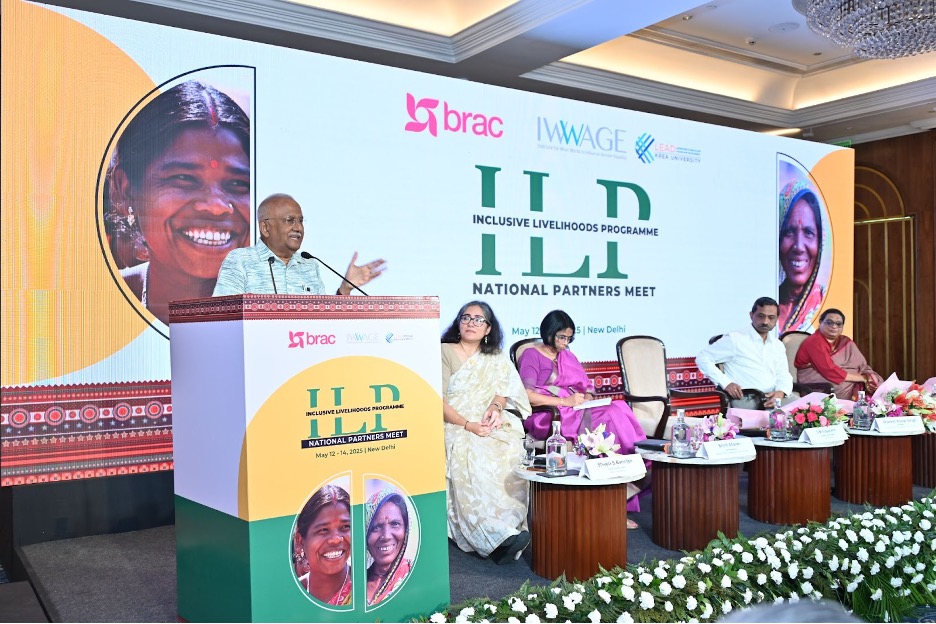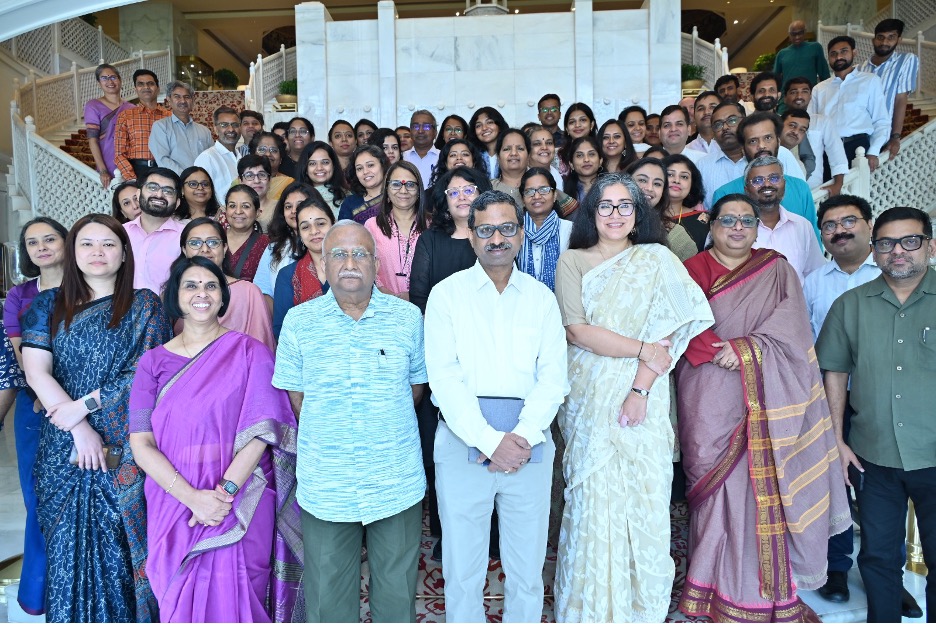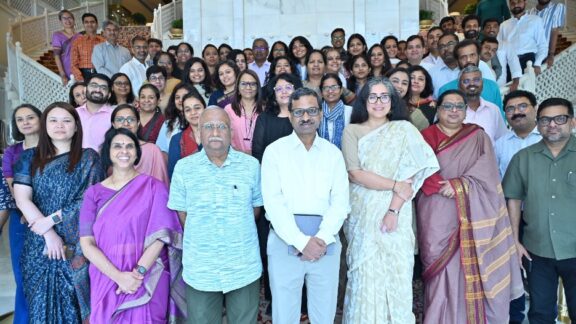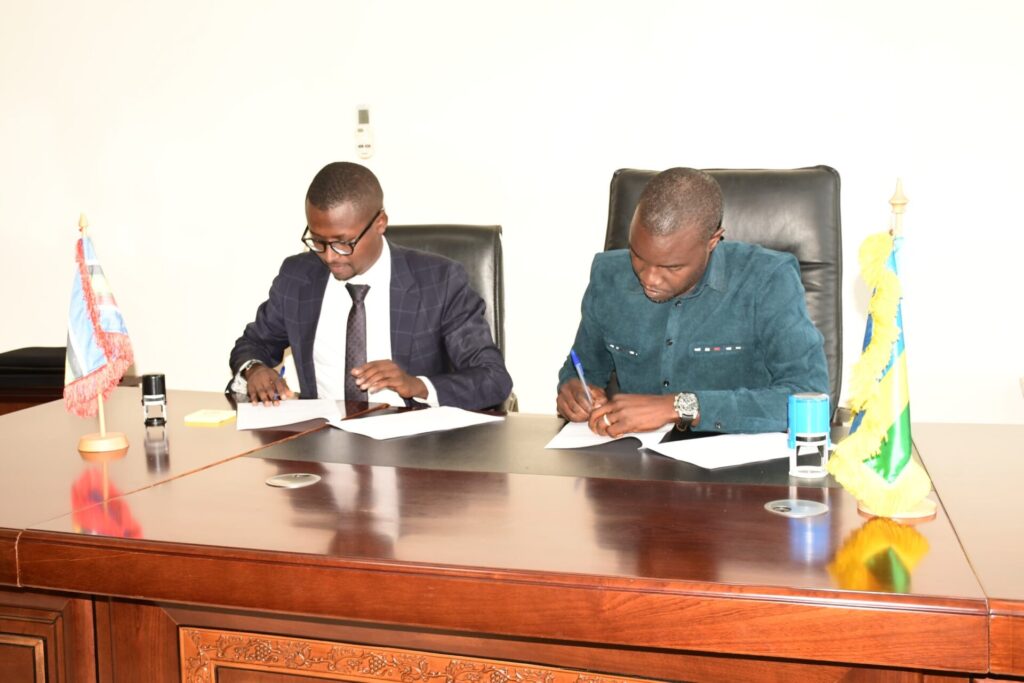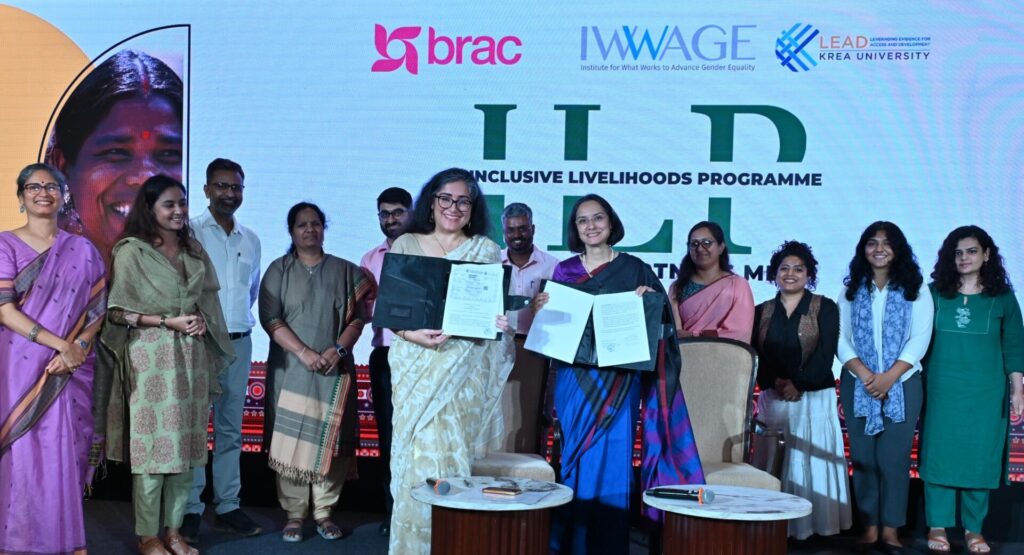New Delhi, India – BRAC, in collaboration with Institute for What Works to Advance Gender Equality (IWWAGE), convened its first Annual Partners’ Meet on Inclusive Livelihoods Programme from May 12 to 14, 2025, in New Delhi. This three-day event marks a significant milestone in the roll-out of Samaveshi Aajeevika, a pioneering initiative to support the inclusion and economic empowerment of extremely vulnerable households under the Deendayal Antyodaya Yojana – National Rural Livelihoods Mission (DAY-NRLM).
80 participants from partner organisations working at national and state levels convened for the three-day event. Organisations represented include core partners such as IWWAGE, PRADAN, Indian Grameen Services, Aga Khan Foundation, and Trickle Up, all of whom bring decades of experience in promoting livelihoods and women’s empowerment.
In addition, teams from research and technical partner institutions including Centre for Research in Schemes and Policies (CRISP), J-PAL South Asia, IMAGO Global Grassroots, and the Institute for Social and Economic Change (ISEC) Bangalore were also represented. These organisations are playing a critical role in shaping evidence-based strategies, monitoring and evaluation systems, capacity building, and thematic innovations within the pilots. The BRAC team was also present and is responsible for anchoring coordination and programmatic support across five states as part of the inclusive livelihoods programme. Grounded in the globally acclaimed Graduation approach, Samaveshi Aajeevika blends livelihood support with coaching, climate resilience, and social inclusion strategies to build the confidence and capacity of marginalised communities. The program is jointly shaped by BRAC International and DAY-NRLM to develop a nuanced and adaptable approach across diverse vulnerability contexts in India.
Shweta S. Banerjee, India Country Lead, BRAC, emphasised the unique spirit of collaboration underpinning the Inclusive Livelihoods Programme. “While we are all immersed in different states and thematic areas, be it livelihoods, climate adaptation, or coaching, it is essential to create a bridge between all of us for the success of our shared vision,” she said. Quoting Rabindranath Tagore, she called on participants to “make a joyous hive together,” underscoring the moral strength of collaborative efforts in building a vibrant and inclusive ecosystem for the country’s most vulnerable communities.
Ms. Radha Chellappa, Executive Director, IWWAGE, emphasized the significance of the Inclusive Livelihood Programme in advancing economic empowerment for women living in poverty across five states. She noted IWWAGE’s role in providing technical support on gender and social inclusion, and expressed hope that the convening would foster meaningful cross-state learning and collaboration.
Ms Smriti Sharan, Joint Secretary Rural Livelihoods-I, Ministry of Rural Development, Government of India underscored the importance of Samaveshi Aajeevika in reaching the most vulnerable, noting that “individualised, targeted support and not just self help group (SHG) inclusion is essential.” Acknowledging the contributions of civil society and technical partners, she affirmed, “these pilots will shape the core design of the SAY sub-scheme, and your efforts are central to translating this vision into a scalable national strategy.”
Mr. Shailesh Kumar Singh, Secretary, Ministry of Rural Development, Government of India, emphasised the urgency of reimagining traditional livelihood support systems to better include the most marginalized households. “There are families still deeply poor, socially isolated, and structurally disadvantaged – who require us to go the extra mile,” he stated. Speaking on the Inclusive Livelihoods Program, he announced that pilots are already reaching 48,000 households and outlined the Ministry’s proposal of a dedicated sub-scheme, Samaveshi Aajeevika Yojana. “This marks a critical milestone not just in scale but in strategic direction,” he added.
In his address, Shree S M Vijayanand, Former Chief Secretary, Government. of Kerala, said “Severe destitution is intensified by unfavourable physical, gender or caste status, that is, being disabled, being a woman, being a widow, belonging to a Scheduled Caste or Tribe can singly or in combination aggravate the suffering. Only an Antyodaya approach can reach them. Only care and handholding can lift them. They can develop only after a period of well-targeted, well-designed welfare.”
The convening included sessions on key thematic pillars, including Livelihoods and Climate Resilience, Gender and Social Inclusion, and Coaching and Capacity Building, along with discussions on Monitoring, Evaluation, and Learning (MEL) systems. The forum also provided opportunities for state and national teams to reflect, co-create, and align on implementation strategies, while learning from each other’s experiences and challenges.
